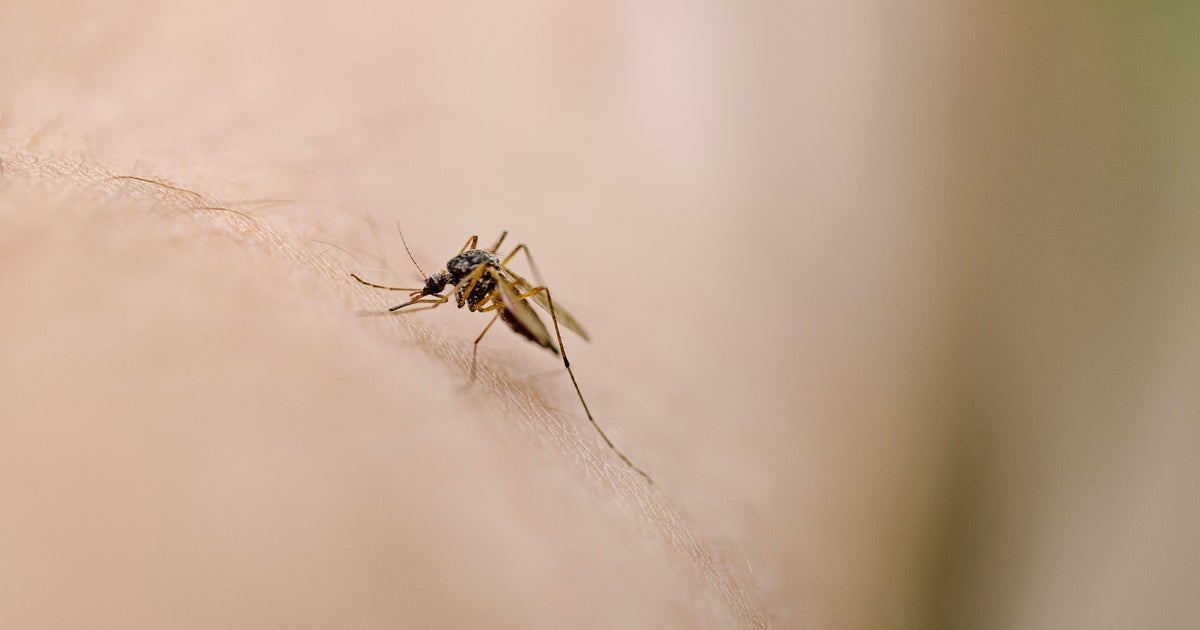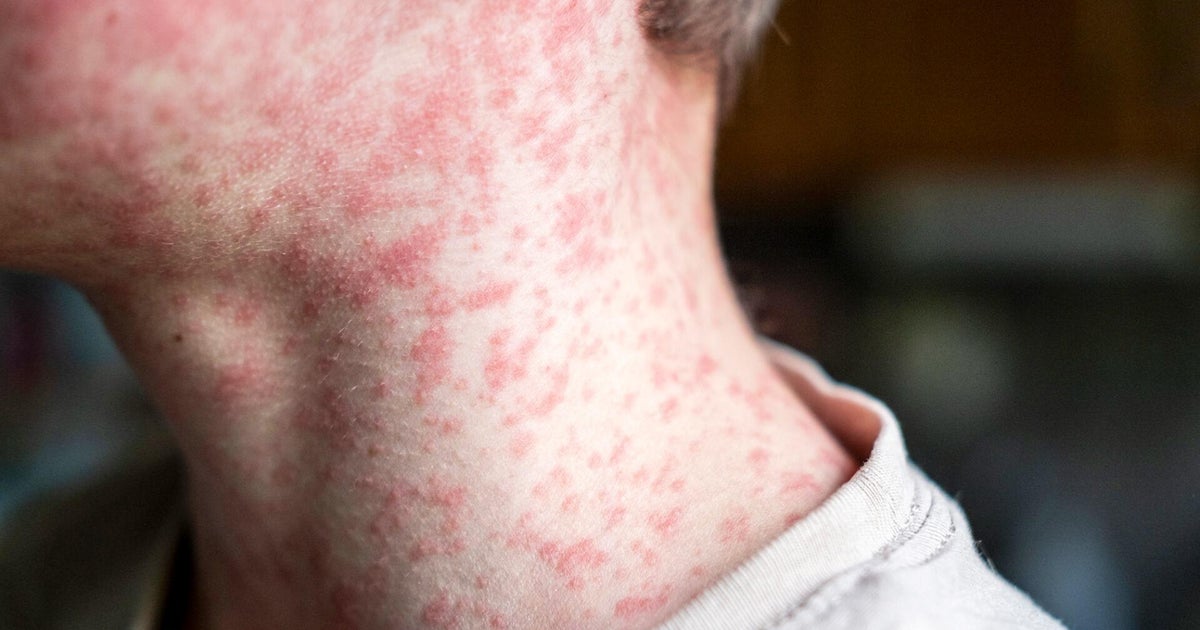Feeling "meh"? Doctors say it could be an underdiagnosed disorder
NEW YORK -- How are you feeling today? "Meh"? If that's the case, you're far from alone.
Doctors say a growing number of people are feeling "meh" these days, but as CBS New York's John Dias explains, there actually could be disorder tied to your emotions that experts say is going underdiagnosed.
The holidays are over and summer is still months away; things that make countless people happy, we'll have to wait for. So it's no wonder many New Yorkers are stuck, feeling "meh."
"What's today going to turn out to be? It's a 'meh' for me," one person said.
"I was feeling 'meh' last week," another person said.
"Definitely feel that, you know, the weight of it all," another person said.
But medical professionals say while it's normal to feel blasé once in a while, you have to know when that "meh" feeling could mean trouble, and now they have a new diagnosis for it.
"Persistent depressive disorder basically consists of feeling sad or empty," said board-certified psychiatrist Dr. Nina Cerfolio. "It's not where people may be so impaired they can't get out of bed."
Cerfolio says the past couple of years have been difficult for many; personal struggles aside, there's been multiple wars across the world, inflation driving costs here at home, and the COVID pandemic -- all factors contributing to our mental health.
"I would say since the pandemic, we've had more incidents of persistent depressive disorder in our country," she said.
Therapists say this is not as serious as chronic depression, but it could last for years.
"Why I think that it might go undiagnosed is that people think that maybe this is their personality," said Marissa Nelson, a licensed marriage and family therapist.
But just feeling "meh" doesn't necessarily mean you have PDD.
"You have to experience for over two years, and even if it lets up, it doesn't let up for more than two months," Nelson said.
She says if you're feeling down, to see a therapist and consider medication, try to connect with people and avoid isolation, get more exercise and do things that bring you joy.
"More than anything, I think that it is acknowledging that you feel 'meh' and knowing that you deserve to feel better and vibrant," Nelson said.
Turning "meh" into merry, and you don't need Christmas or the holidays.
Experts say PDD is more common among women; while it's not definite, they theorize it has to do with estrogen.








